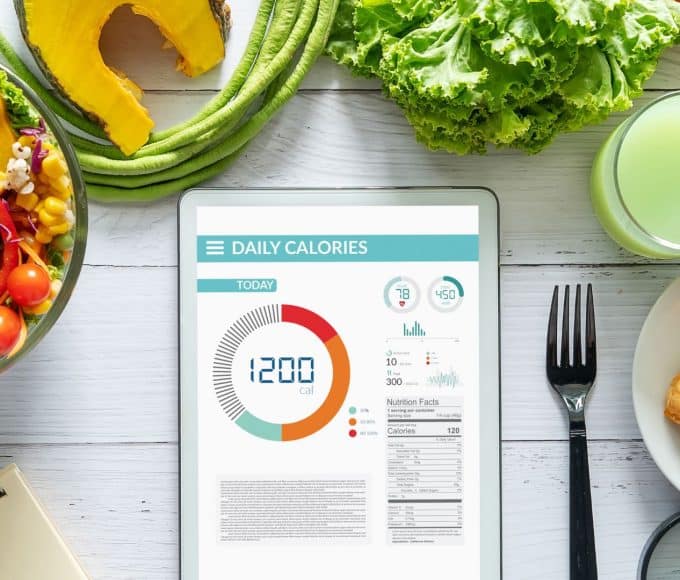We’ve all seen it: a flood of weight loss myths on social media that leave you more confused than ever.
One person says, “cut carbs,” another insists, “count every calorie,” while a third claims, “cravings are just weakness.”
With all these mixed messages, how do you know what’s true? Let’s take a closer look at some of the most common weight loss myths and what science really says about carbs, calories, and cravings.
Myth #1: Carbs Make You Fat
Ah, poor carbs—always getting a bad rap. From bread to pasta, carbs are often blamed for sabotaging weight loss efforts. But here’s the truth: carbs don’t directly cause weight gain. What causes weight gain is simply consuming more calories than your body burns.
Carbs are actually your body’s main source of energy. Cutting them out entirely can lead to fatigue, irritability, and brain fog (hello, hanger!). Research shows that moderate-carb diets, when paired with portion control, can be just as effective for weight loss as low-carb diets.
The key is to focus on complex carbs like whole grains, fruits, and vegetables, which provide fiber and keep you feeling full longer.
Myth #2: Calories Are All That Matter
The “calories in, calories out” mantra is a popular weight loss formula, but it’s not the whole picture. While a calorie deficit is essential for weight loss, not all calories are created equal. A 100-calorie apple and a 100-calorie cookie have very different effects on your body.
Foods rich in protein and fiber, like lean chicken or beans, require more energy to digest, which can boost your metabolism. On the other hand, sugary, low-fiber snacks can spike your blood sugar and leave you craving more later.
The takeaway? Focus on the quality of your calories, not just the quantity. And remember, overly restrictive diets can backfire, leading to feelings of deprivation and possible bingeing.
Myth #3: Cravings Are Just Weakness
If you’ve ever found yourself raiding the pantry for comfort food, don’t beat yourself up—it doesn’t mean you’re weak. Cravings are often a natural response to biology, not a lack of willpower.
Stress, lack of sleep, and hormonal changes can trigger cravings for high-calorie comfort foods. For instance, stress increases cortisol levels, which can make you feel hungrier. Meanwhile, sleep deprivation messes with leptin and ghrelin, the hormones responsible for regulating appetite.
Instead of resisting cravings, try managing them. A short walk, a glass of water, or a small, satisfying snack (like dark chocolate) can help curb the urge. Research also shows that mindful eating—really savoring your food without distractions—can reduce the intensity of cravings over time.
Weight loss isn’t about cutting out food groups, obsessing over every calorie, or beating yourself up over cravings. It’s about finding balance, choosing foods that nourish your body, and showing yourself some grace when things don’t go perfectly.
Recommended – Mindful Eating: Cultivating a Healthy Relationship with Food















